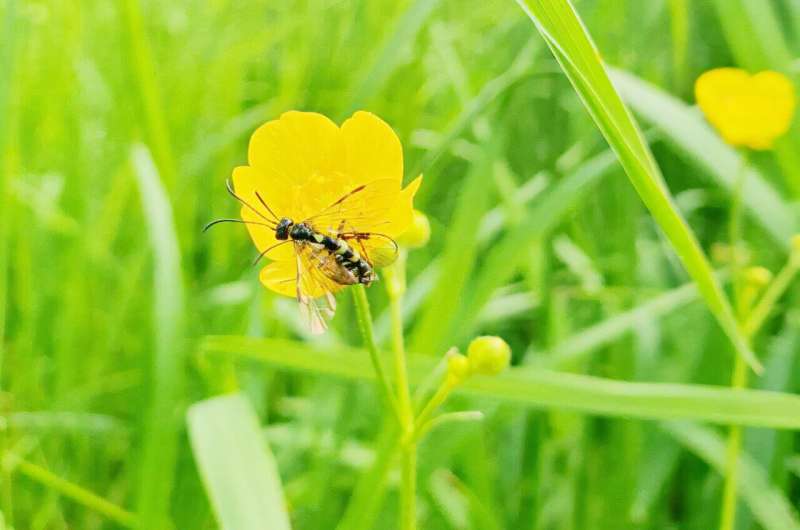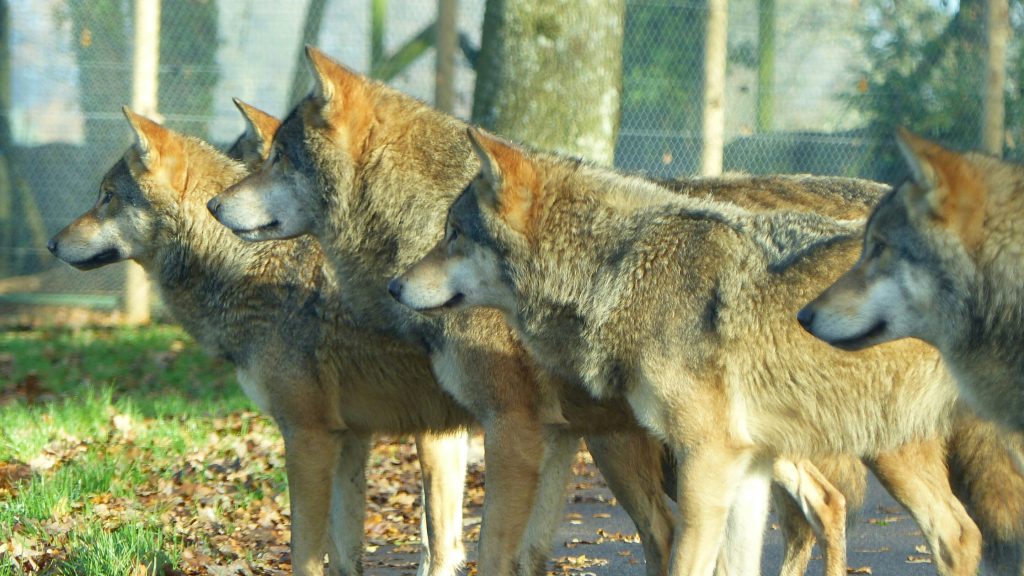In a heartening blend of science and advocacy, researchers at the Julius-Maximilians-Universität Würzburg have unveiled crucial insights into the alarming decline of insect diversity due to agricultural practices. This study brings new hope for understanding how to better protect our planet’s invaluable ecosystems. Let’s dive into their findings and the importance of these tiny creatures in our lives!

A growing body of evidence has long highlighted how agricultural practices threaten the rich tapestry of insect biodiversity. From pesticide use to habitat destruction, the impact on these vital creatures is profound. However, the innovative study from JMU reveals an even graver scenario than researchers previously believed.
Under the leadership of Professor Jörg Müller, experts examined insect specimens from over 400 families, gathered from a variety of habitats across Bavaria. Utilizing cutting-edge techniques, the team employed DNA metabarcoding—a method that allows for the swift identification of species from collected samples. This breakthrough enabled them to capture the hidden secrets of insect diversity more effectively than ever before.
Discovering the Hidden Decline in Diversity
In perhaps one of the most striking findings, the team observed that they were able to identify a greater variety of insect species in agricultural lands compared to more diverse natural habitats. Yet, this incomplete picture masked a staggering reality: a decline of up to 44% in total insect species diversity within farmlands. This means that while researchers appeared to capture more species, it was merely surface-level evidence hiding a significant loss.
Moreover, this study revealed an alarming decrease of nearly 30% in evolutionary diversity among the insect populations. This aspect considers not just the number of species but their genetic connections and relationships. The findings suggest that earlier assessments may have significantly underestimated agriculture’s impact on our insect allies.
Dr. Mareike Kortmann, who led this enlightening research, stressed the urgency of adopting biodiversity-sensitive strategies for land use. She warned that the ongoing decline in insect diversity could trigger far-reaching consequences for ecosystems, including those that sustain us. With these revelations, the researchers hope to inspire action to safeguard our planet’s invaluable biodiversity.
Notably, the method they developed not only deepens our understanding of insect communities but also serves as a practical tool for ongoing ecological monitoring. Being able to address the complex changes in insect populations can empower conservation efforts and ecological resilience.
More information:
Mareike Kortmann et al, A shortcut to sample coverage standardization in metabarcoding data provides new insights into land-use effects on insect diversity, Proceedings of the Royal Society B: Biological Sciences (2025). DOI: 10.1098/rspb.2024.2927
If you would like to see similar science posts like this, click here & share this article with your friends!


